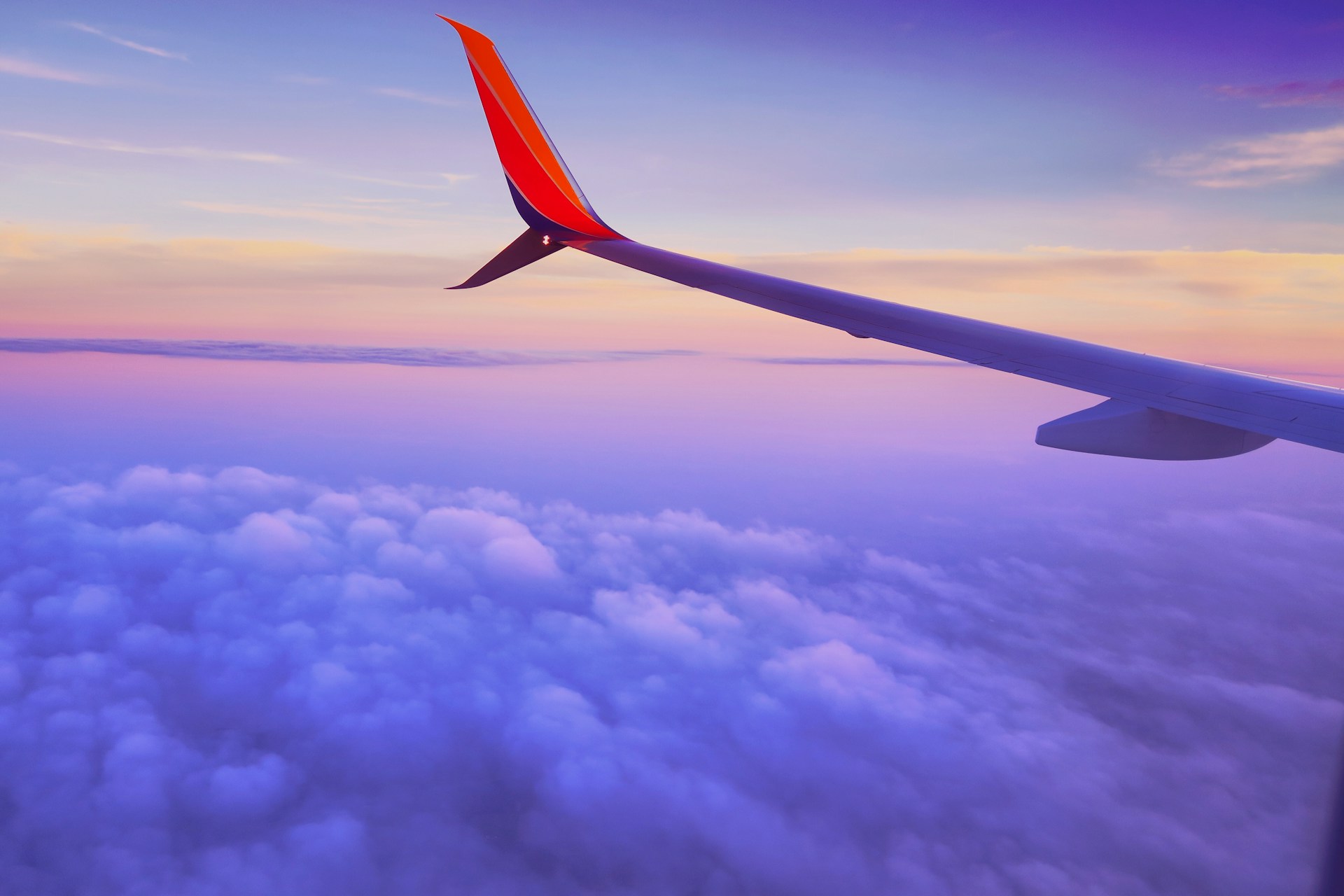For many travellers, Scotland remains synonymous with its vast great outdoors. This appeal is defined by hikes through Highland glens, where lochs glitter like fallen pieces of the sky, and explorations of the giant forests of Perth and Kinross, with rivers famous for salmon. When the weather inevitably turns, a rugged castle, rich in legend, is often nearby, complemented by a distillery tour just down the road. The country’s urban centres also offer sharp contrasts: Glasgow, known for its cutting-edge arts scene and breezy good humour, stands apart from the architecturally elegant Edinburgh, the nation’s serious seat of government. These two cities could not be more different.
From Pilgrimage to Premium Experience
This correspondent, whose mother hails from the Isle of Skye, recalls many years of family holidays that were annual pilgrimages north. These trips involved rendezvousing with cousins, scrambling up mountains, and navigating peat bogs while cursing at midges. However, in recent years, wider travels across the country for projects like the book Four Scottish Journeys confirm a significant change. The days when accommodation was considered basic and the food was notoriously “beige” are long gone. Today, quality is evident everywhere.
Exploring Scotland’s Diverse Locales
This transformation is vital, as Scotland’s most beautiful places demand quality logistics. Take Iona, a small green island off Mull, which retains a deep spiritual aura. It has been a place of pilgrimage since St Columba arrived in AD563, with visitors flocking to Iona Abbey and the stunning White Strand of the Monks. Similarly, the northwest coast up to Cape Wrath, a key stretch of the North Coast 500 route, epitomises wild, romantic Scotland. It features the remote Applecross peninsula and the spirited ferry port of Ullapool.
Further exploration might lead to “Big Tree Country” in Perth and Kinross, a region forested with millions of trees by the Dukes of Atholl 200 years ago, offering stunning autumn views over Loch Tummel. Then there is the Great Glen, a giant fissure running from Fort William to Inverness, home to Loch Ness and the UK’s highest peak, Ben Nevis. Even the most remote parts, like the Knoydart peninsula—often called mainland Britain’s most remote area and home to its most remote pub, The Old Forge—are now part of the draw.
The Challenge of Group Travel Logistics
Organising tours to these diverse, often remote, locations presents a significant logistical challenge. Managing group itineraries involving multiple suppliers, destinations, accommodations, and transport has, until now, been a fragmented and manual process, heavily reliant on spreadsheets, emails, and phone calls. As the industry prepares to gather at the World Travel Market (WTM) in London, one Spanish company is set to unveil a revolutionary solution to this very problem.
A New Engine to Automate Complex Tourism
Travel Compositor, a leading Spanish provider of booking engine solutions and part of the Travelsoft SaaS group, has announced the launch of its innovative Groups Engine. This new technology is designed to revolutionise operations for tour operators, agency networks, DMCs, and consolidators. It allows tourism professionals to budget and confirm bespoke group trips automatically. This includes every service a client might request, such as buses, guides, hotels, restaurants, activities, and transfers across multiple destinations.
“With our Groups Engine, we are bringing Travel Compositor’s automation to the most complex area of tourism: bespoke groups,” stated Manuel Aragonés, CEO of Travel Compositor. “We have moved from fragmented, manual processes to a single digital flow that will save thousands of hours annually and accelerate quotation and booking times like never before.”
Solving the Sector’s Biggest Challenge
The system unifies the complex web of group travel. It allows suppliers to load price forecasts and group contracts via an extranet or automated Excel uploads. It performs multi-service and multi-destination quotations, combining everything from buses and local guides to special services in real-time. The system also automates supplier requests (RFQs) with smart templates, consolidates responses, and suggests the best combination based on price or availability. It handles confirmations, cancellations, and rooming lists with full traceability.
The “Correo” App: Connecting the Guide
This Groups Engine is complemented by a mobile application for tour guides, which centralises the trip’s daily operations. The app provides a minute-by-minute itinerary, passenger check-in, service details, maps, and even manages optional excursion sales. “The app turns the guide into a true digital orchestrator,” added Aragonés. “What happens on the route is instantly reflected in the office, reducing errors, calls, and operational costs.” For the travel sector, the key benefits are commercial speed—turning quotes around in minutes instead of days—massive efficiency, and a superior, more precise experience for travellers exploring places like the Scottish Highlands.
